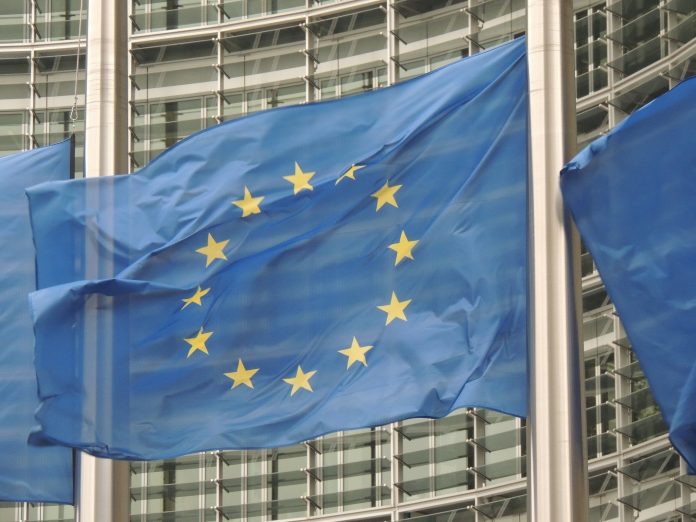Chinese acquisitions are creating political unease in the European Union. The first EU-wide legislation to prevent foreign investments from threatening national security is on the cards.
The European Parliament may agree on draft legislation to screen foreign direct investments on November 20, according to Franck Proust, a French member of the 28-nation assembly.
As reported by Bloomberg, both sides have settled on 95% of the text and the goal at the meeting in Brussels is to bridge differences over the remaining part, which includes the politically sensitive matter of how far EU members can push concerns about FDI with their peers, said Proust.
“Everybody has the common will to work in the same direction,” Proust, the chief negotiator for the EU Parliament, said in an interview with Bloomberg. “I remain positive.”
Concerns are mounting across the western world about national-security risks tied to foreign investment, particularly by China.
“We are making up for lost time,” Proust said. “All the world’s other powers have their own investment-screening systems. Only Europe doesn’t have such a tool.”
According to Bloomberg, the goal of the proposed European investment-screening framework is to limit foreign threats to “critical infrastructure,” including in the energy, transport, communications, data, space and financial industries, and to “critical technologies” such as semiconductors, robotics and artificial intelligence.
However, a key sticking point is an amendment introduced by Proust to bolster these provisions. He effectively wants an extra red flag to be raised when at least a third of EU governments believes a foreign investment in another member country is likely to affect their security.

